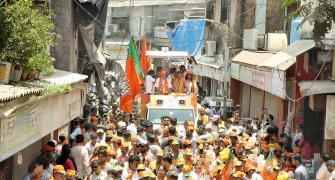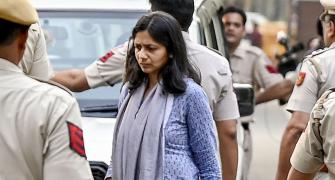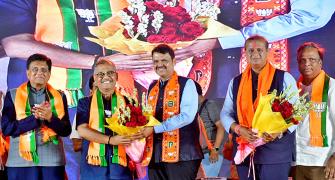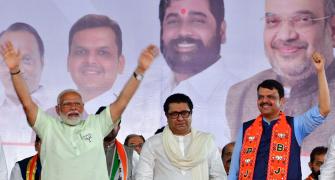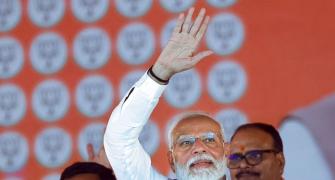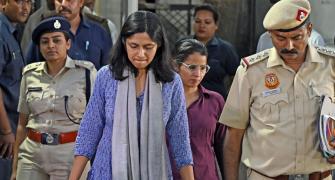Kalwant Mamak, who lost his wife Rajinder in the bombing aboard Air-India flight 182 in June 1985, says he was treated badly and in fact on the first anniversary of the tragedy in Ireland, he was excluded by Canadian officials.
"The Canadians excluded certain families, including mine (and so) I want to know who decided whom they would invite. It felt terrible," Mamak told the Air-India Commission of Inquiry looking into the bombing, on the second day of the hearings.
He was not sure whether he was excluded because he was a Sikh.
But certainly he did feel discriminated after the tragedy, and that, he said in an interview, could "partly be because I am a Sikh wearing a turban. I told people that some Sikhs may be behind this tragedy but not all Sikhs are terrorists."
"As Sikhs, people were pointing fingers at me though I didn't let that bother me."
Mamak said during his testimony "there was nobody from Canada to help us there (in Ireland)."
He told this reporter there were some help from India's side but then they had a difficulty as they said "'You are a Canadian' and they were right."
The Canadian officials, who met the victims' families a couple of days after the tragedy, said, "they were still waiting for instructions from Ottawa. We did not have any way of following up and that was our only contact with any Canadian officials."
On the contrary, "the Irish people were incredibly kind and made it easier for us."
During the first two days of the hearings, most victims' families spoke very highly of the generosity of the Irish people.
One consolation Mamak had was to find his wife's body five days after the tragedy, but then to his dismay, there was no assistance from the Canadian government so he could not bring her body back to Canada.
He took the body to London where her wife's brother lived.
"My daughter, who is now a doctor of forensic sciences in Toronto, says the biggest mistake I made was not bringing her mother's body back to Canada."
He had no option as "the (Canadian) government failed to provide us with any support."
Mamak's two sons are now police officers and in her position as a forensic scientist, his daughter too is in law enforcement.
He suggested in his testimony that "there are two things I want out of this inquiry. The first is the acknowledgement that the Canadian government failed in supporting our families."
He said he would also like the Commission to say in its report where the justice system failed.
For years Mamak said he did not hear from the Canadian government "with information about support" or any kind of counseling. "My family has been marginalised throughout."
He said he and other family members, who were not/are not living in Toronto, had more difficulties getting any information as "people in Toronto got all the information; outside of Toronto we are the forgotten people."
To Mamak, who, under persuasion of his children has remarried, said twenty years "is too late for justice." The investigation "should have been put in motion earlier when all the evidence was there."

